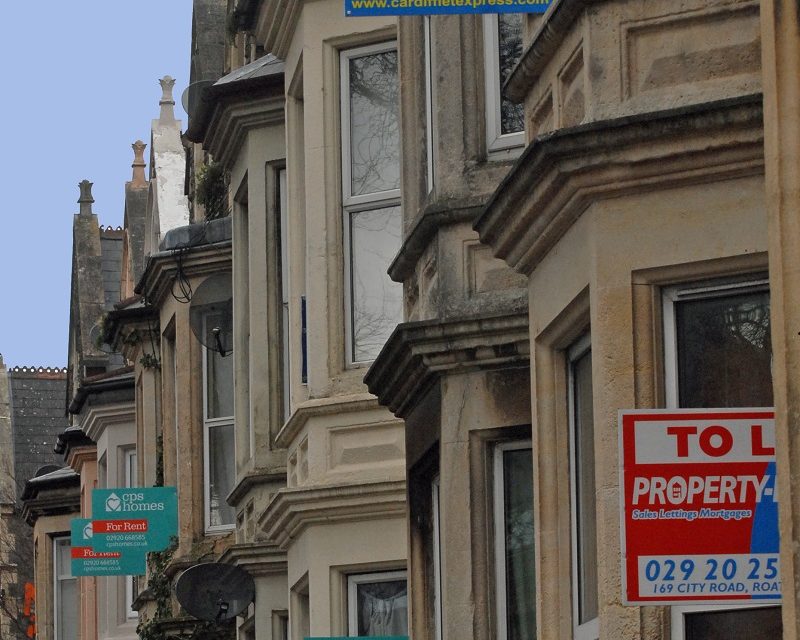 Housing
Housing 
The biggest change in the housing market for a generation is under way – Victoria Winckler profiles 21st century private renters and says the sector is much more than students and young professionals.
One of the biggest changes in housing in a generation is under way in Wales – the growth of the private rented sector. Once typified as the sector where students slummed it and young professionals enjoyed a couple of years of freedom before settling down with a mortgage, the private rented sector now provides a home to more than 400,000 people across Wales. Our new analysis, the latest in our series of Equality and Social Justice briefings*, shows how quickly the sector has grown to house 1 in 7 of households in 2011 and up to 1 in 5 by 2020.
Our profile of private sector tenants shows that people of all ages, occupations and origins rent their homes from private landlords, from young unemployed people to retired couples to high-flying business people. However there are two key groups within the sector.
Households with dependent children
Families make up a third of all private tenants, with about half being lone parent families. These families included more than 100,000 children aged 0-15.
People on low incomes
The other significant group of private renters are people on low incomes. About a quarter of all households where the ‘reference person’ is long-term unemployed or has never worked and about one in six households in semi-routine and routine occupations rent privately. For reasons that are not clear, low income households in Cardiff and Ceredigion are twice as likely to rent privately than low income households in Caerphilly and Torfaen.
Does it matter?
There are without doubt many privately rented homes which offer a stable, good quality home but a worryingly large number do not. Overall, private rented housing is more likely to have hazards than other tenures or to require repair than other tenures. And there is also a very high turn-over – in 2014/15, more than half (57%) of private renters said they had lived at their current address for less than two years and 41% had lived there for less than a year.
Shelter Cymru report that their advice services are dealing with an increased number of people with problems linked to living in the private rented sector, and that the loss of a private rented sector tenancy is one of the main contributors to statutory homelessness.
The solutions?
It looks like the private rented sector is here to stay, albeit that recent changes to (UK) taxation may make the sector less attractive to buy-to-let investors. The Housing (Wales) Act and the Renting Homes (Wales) Act are an important start to regulating the sector more effectively.
But there is more that could be done.
Shelter Cymru and others have argued that private renters need greater security of tenure, and that there needs to be adequate support for vulnerable tenants. They have also argued for a specialist housing tribunal for Wales to make justice accessible to tenants in dispute with landlords, and for a proper national tenant representative body for the Welsh private rented sector.
Victoria Winckler is Director of the Bevan Foundation.
Equality and Social Justice Briefings are a vital resource on current topics in Wales. Published 6 times a year, they are available on subscription for just £255 (plus VAT). Please email us for more information.


